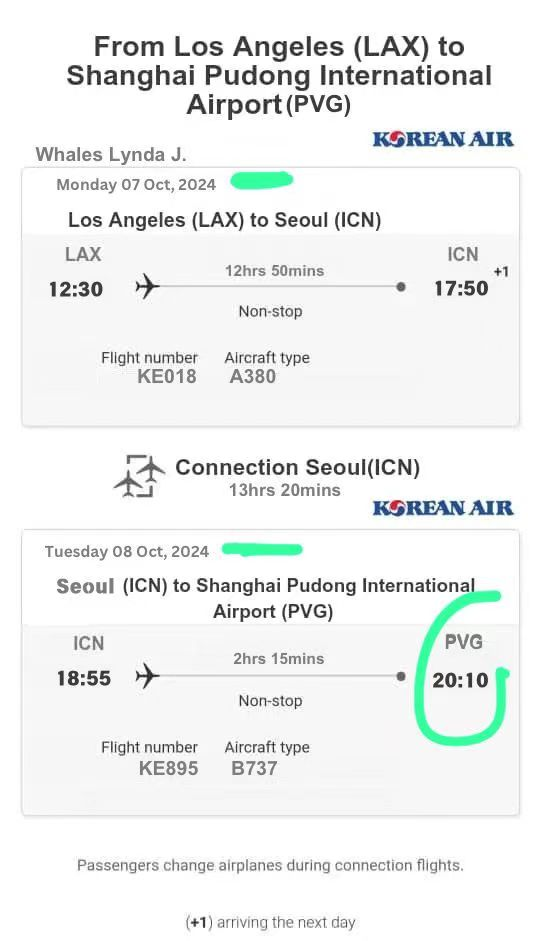Beware of foreign trade scammers - a cautionary tale
In an increasingly interconnected world, foreign trade has become an important part of global commerce. Businesses large and small are eager to expand their horizons and enter international markets. However, with the allure of foreign trade comes a huge risk: fraud. Scammers are constantly devising new strategies to take advantage of unsuspecting businesses, resulting in financial loss and reputational damage. This article serves as a cautionary tale, highlighting the importance of vigilance and due diligence in foreign trade to prevent fraud.
Understand the foreign trade pattern
Foreign trade involves the exchange of goods and services across national borders. While it offers plenty of growth opportunities, it also creates unique challenges. Different regulations, cultural differences and varying economic conditions can complicate transactions. Unfortunately, these complexities create fertile ground for fraudsters who prey on businesses seeking to expand their reach.
The rise of scammers
The rise of the internet and digital communications has made it easier for scammers to operate across borders. They can create convincing websites, use false identities, and employ sophisticated tactics to lure businesses into their traps. The anonymity of online transactions can make it difficult to verify a partner’s legitimacy, leading to a false sense of security.
Common types of fraud in foreign trade
Advance Payment Fraud: One of the most common scams involves requests for advance payment for items that do not exist. Scammers often disguise themselves as legitimate vendors and provide false documents. Once paid, they disappear, leaving the victim with nothing.
Phishing Scam: Fraudsters may impersonate legitimate companies or government agencies to extract sensitive information. They often use emails or fake websites that closely resemble reputable organizations to trick victims into providing personal or financial details.
Letter of Credit Fraud: In international trade, letters of credit are often used to guarantee payment. Scammers may forge these documents, leading businesses to believe they are processing legitimate transactions when in fact they are not.
Shipping and Delivery Scams: Some scammers may offer to ship goods at a low price but only ask for additional customs or delivery fees. Once the victim pays these fees, the scammer disappears and the shipment never arrives.
False Import and Export Licenses: Scammers may present false licenses or permits to appear legitimate. An unsuspecting business may enter into a transaction, only to later discover that the license is counterfeit.
A cautionary tale: The small business experience
To illustrate the dangers of fraud in foreign trade, introduce real cases that happened around Jumao.
In October,Grace received an inquiry from a Customer, whose name is XXX. Initially, Whales made normal inquires, discussed issues, selected models, and asked about shipping costs, showing great interest in our company's products. Later, Grace asked whether need to prepare a PI and it was revised again and again without any bargaining, which raised some doubts. After confirming the contract and discussing the payment method, XXX said she would be coming to China soon to visit factory for a face-to-face meeting. The next day, XXX sent Grace her itinerary with detailed locations and times. At this point, Grace almost believed her and had second thoughts. Could she be genuine? Later, XXX sent various videos of her arriving at the airpoty, boarding, going through security checks,and even when the flight was delayed and her arrival in Shanghai. Then XXX attached a bunch of cash photos. But there was a solution. XXX said the customs asked her to fill out a form for declaration and also sent Grace photos. This is where scam began. XXX said her bank account could not be login in China and asked Grace to help login and follow her steps to deposit her money and so on. At this point, Grace certain she was a scammer.
After half a month of communication,then various photos and videos sent later, it ended in a scam. The scammer was extremely meticulous. Even when we checked that flight later, it really existed and was delayed. Therefore, fellow colleagues, beware of being deceived!
 |
 |
Lessons Learned
Conduct Thorough Research: Before engaging with a foreign supplier, conduct comprehensive research. Verify their legitimacy through multiple sources, including online reviews, business directories, and industry associations.
Use Secure Payment Methods: Avoid making large advance payments. Instead, consider using secure payment methods that offer buyer protection, such as escrow services or letters of credit through reputable banks.
Trust Your Instincts: If something feels off, trust your instincts. Scammers often create a sense of urgency to pressure victims into making hasty decisions. Take your time to evaluate the situation.
Verify Documentation: Scrutinize all documentation provided by potential partners. Look for inconsistencies or signs of forgery. If necessary, consult with legal or trade experts to ensure everything is legitimate.
Establish Clear Communication: Maintain open lines of communication with your foreign partners. Regular updates and transparency can help build trust and reduce the risk of fraud.
Educate Your Team: Ensure that your employees are aware of the risks associated with foreign trade. Provide training on how to identify potential scams and the importance of due diligence.
Conclusion
As businesses continue to explore the opportunities presented by foreign trade, the threat of fraud remains a significant concern. Scammers are becoming increasingly sophisticated, making it essential for companies to remain vigilant. By learning from cautionary tales like Sarah’s, businesses can take proactive steps to protect themselves from fraud.
In the world of foreign trade, knowledge is power. Equip yourself with the tools and information necessary to navigate this complex landscape safely. By prioritizing due diligence, verifying partners, and fostering a culture of awareness, businesses can minimize their risk and thrive in the global marketplace. Remember, while the potential rewards of foreign trade are substantial, the risks of fraud are ever-present. Stay informed, stay cautious, and safeguard your business against the dangers that lurk in the shadows of international commerce.
Welcome to learn about our new wheelchair products
Post time: Oct-10-2024
